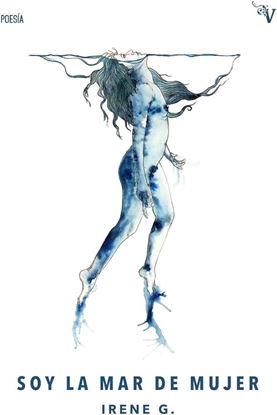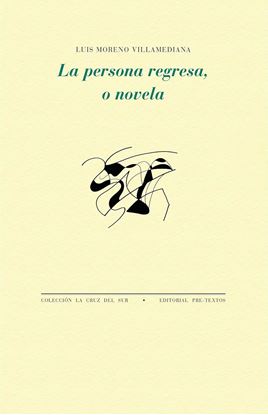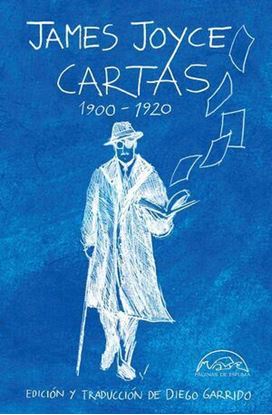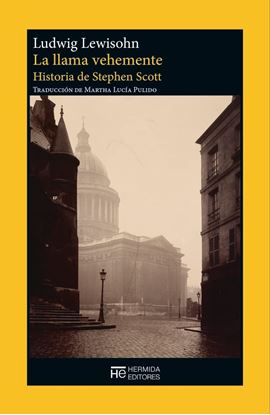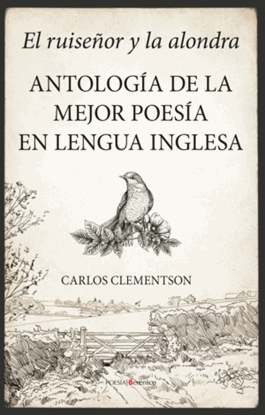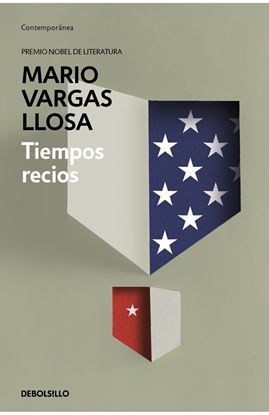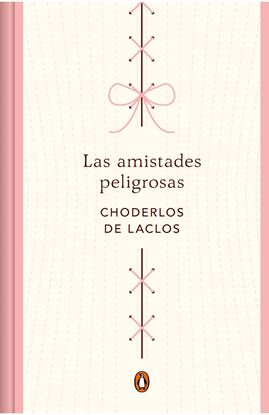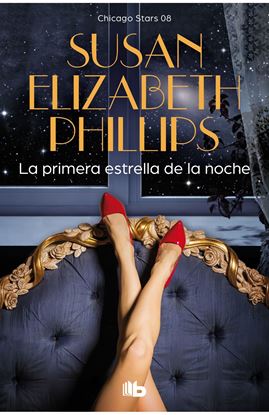

SOY LA MAR DE MUJER
Irene G. cierra algunas de sus heridas con este nuevo poemario, sin dejar de ser mujer rota que nada en su propia sangre templada, enfrentándose al duelo del abandono, de la pérdida, del descenso a las profundidades de la soledad, con la sed de una mujer que anhela matar el miedo, y una nueva vida hecha de pedacitos de vida. Con la experiencia de una poeta con oficio, la autora logra a través de su escritura sumergirse más y más hacia los fondos marinos, y conducir a quien lee entre las algas, dejándole la angustia propia de la falta de respiración, del silencio de las aguas. Sin embargo, deja un atisbo de luz hacia la superficie, porque la felicidad es una niña sin nombre, y la inquietud de las mariposas puede llegar a buscar refugio en las costillas de quien ha luchado con los puños y los dientes apretados. Las heridas de Irene G. escuecen por su crudeza, pero están hechas del mismo material que las de nuestras ausencias y nuestros fracasos. Por eso, nos invita a intuir el precipicio, a volar de memoria, a mirar a las flores para entender el amor y a esperar en la orilla para renacer con la siguiente ola. No habrá forma de resistirse a adentrarse en su mar.
995
746
LA PERSONA REGRESA, O NOVELA
El tío Celan era serísimo como los candelabros; sostenía la mirada y saltaba los siglos; sabía que hay edificios umbrosos, terribles, sin estilo resuelto de antemano; estilo alpino, estilo garaje, estilo japonés, sin estilo; por eso no dormía o dormía caminando cuando usaba palabras en el sueño de cuarzo, de ámbar, sin moscas, de granito fragmento de “Capítulo tío Celan”, de Luis Moreno Villamediana Luis Moreno Villamediana (Venezuela, 1966).
995
746
CARTAS 1900-1920
Tan sugestiva, turbulenta y compleja como su obra literaria, la vida de James Joyce ha sido durante décadas objeto de estudio por las conexiones que tiene con títulos como Dublineses o Ulises, pero también el centro de una poderosa fascinación por un personaje genial. Y su correspondencia es, sin lugar a dudas, la mayor fuente de detalles, secretos y sorpresas, y una de las mejores formas de construir su biografía a partir de una escritura que nació para no ser compartida. Esta edición en dos volúmenes preparada y traducida por Diego Garrido es la más completa hasta la fecha en cualquier idioma. Este primer volumen reconstruye un viaje deslumbrante entre 1900 y 1920 por distintos lugares (Dublín, París, Pola, Zúrich, Trieste...), por las personas con las que se relacionaba (sus padres y hermanos, escritores como Yeats, Ibsen, Svevo o Pound, su esposa Nora, sus editores y sus mecenas, sus estudiosos y críticos...) y por su propia obra, reconstruyendo la cronología de la escritura y publicación de sus cuentos, poemas y novelas.
1,850
1,388
LA LLAMA VEHEMENTE
La llama vehemente es considerada su novela más exitosa, tras el ruido que provocó El caso del señor Crump. Esta novela agitó la llama de Artaud quién no dudó en lanzarse a su traducción en colaboración con Bernard Steele, con el ánimo de darlo a conocer a los lectores francófonos. La novela escandalizó a los críticos de la época: un texto cuya modernidad en cualquier caso, transcurrido casi un siglo, deja sin aliento. Lewisohn traza en ella, con una minuciosidad que no escatima en nada, el destino de unas parejas neoyorquinas entre la Belle Epoque y los locos años veinte. Personajes conformistas, excepto uno de ellos que se pasa el tiempo mintiendo a los demás claro, pero primero y sobre todo a sí mismo. El lector no se sorprende cuando uno de estos seres traicionados, cansado de todas estas pretensiones, saca una pistola del bolsillo y mata. No para castigar la infidelidad del amor, sino para permitir que el deseo se muestre finalmente sin máscara.
995
746
EL RUISEÑOR Y LA ALONDRA. ANTOLOGIA M.
Desde hace varias décadas la presencia de la poesía inglesa en la vida cultural española ha superado el desconocimiento que secularmente, con notables excepciones, flotaba en nuestro ámbito literario y nuestros escritores, entre los que, pasada ya la fecunda influencia renacentista italiana, venía imponiendo sus leyes la canónica tradición literaria francesa. Pero de un tiempo a esta parte, desde hace algo ya más de medio siglo, tanto en los medios editoriales como en los hábitos lectores, no sólo la narrativa, el teatro y el ensayo anglosajones, sino también la poesía, han venido gozando de una gran proyección sobre la vida intelectual española. Hasta tal punto que nombres como, no solo los más divulgados de Poe y Whitman, sino más minoritarios y elitistas como los de Blake, Keats o Emily Dickinson, e incluso los de Pound, T. S.Eliot, o Auden, han dejado una viva impronta en nuestra más reciente poesía, floreciendo también una notable serie de traducciones de poetas ingleses y angloamericanos.
1,995
1,496
TIEMPOS RECIOS (BOL)
«¿Era la historia esa fantástica tergiversación de la realidad?»
Guatemala, 1954. El golpe militar perpetrado por Carlos Castillo Armas y auspiciado por Estados Unidos a través de la CIA derroca el gobierno de Jacobo Árbenz. Detrás de este acto violento se encuentra una mentira que pasó por verdad y que cambió el devenir de América Latina: la acusación por parte del gobierno de Eisenhower de que Árbenz alentaba la entrada del comunismo soviético en el continente.
Tiempos recios es una historia de conspiraciones internacionales e intereses encontrados, en los años de la Guerra Fría, cuyos ecos resuenan hasta la actualidad. Un suceso que involucró a varios países y en el que algunos verdugos acabaron convirtiéndose en víctimas de la misma trama que habían ayudado a construir.
850
638
LAS AMISTADES PELIGROSAS (EDICION CONM)
Un duelo libertino entre dos miembros de la nobleza francesa en una obra cumbre de la literatura europea del siglo XVIII.
En esta novela episolar ambientada en las postrimerías del siglo XVIII francés, dos aristócratas sin escrúpulos, la marquesa de Merteuil y el vizconde de Valmont, forjan una alianza para convertir la seducción en un juego cruel. El objetivo inmediato será pervertir a una respetable viuda, a una quinceañera recién salida del pensionado y a su joven pretendiente.
Sin embargo, los tejemanejes de Merteuil y de Valmont acabarán revelando más que su afición al escándalo. Conforme aparezcan las voces de los demás personajes, se pondrán en evidencia las dobleces de toda una sociedad, así como los peligros universales que comporta la pasión amorosa.
Considerada una de las mejores novelas sentimentales de la literatura francesa, Las amistades peligrosas es también uno de los libros más descarados, divertidos y cautivadores de toda la literatura europea.
995
746
LA PRIMERA ESTRELLA DE LA NOCHE (BOL)
Él fue un quarterback del equipo de fútbol americano de los Chicago Stars.
Ella intenta convertir su propia agencia de detectives enuna empresa de éxito.
¿Su primer trabajo? Seguirlo a él.
Por el momento, limitémonos a decir que las cosas no irán bien, nada bien.
Piper Dove es una mujer con un sueño: convertirse en la mejor detective de Chicago. Su primer trabajo será seguir a Cooper Graham, antiguo quarterback de los Chicago Stars. El problema es que él se ha dado cuenta de que ella lo sigue, y eso le disgusta bastante. Sin embargo, Piper no tarda en encontrarse trabajando para el propio Cooper, que la contrata para que vigile a los empleados de su nuevo y exclusivo club nocturno.
Por otra parte, es posible que la vida de Cooper corra peligro, y Piper está empeñada en protegerlo, tanto si él lo desea como si no.
Ojalá no se estuviera ocupando también de un grupo de princesas del Medio Oriente, una criada paquistaní que ansía la libertad, un adolescente problemático y una vecina anciana que exige que encuentre a su marido, que no puede estar más muerto. Y además está CooperGraham, un legendario héroe del deporte que siempre consigue lo que desea... incluso si lo que desea es una intrépida detective empecinada en demostrar que es tan dura como él.
750
563
LA ESPERANZA DE SOPHIA (BELLEZA 1) (BOL)
Berlín, 1926. Sophia solo tiene veinte años pero su vida ya parece haberse hecho pedazos: su primer amor ha terminado en escándalo, su familia no quiere verla y ella ha tenido que abandonar sus estudios de química en la universidad. Tras viajar a París para empezar de cero, un día se encuentra frente al deslumbrante escaparate del nuevo salón de Helena Rubinstein, una ambiciosa empresaria cuyo nombre está en boca de todas las damas parisinas. Sophia tiene entonces una revelación: intentará crear una crema prodigiosa que deslumbre a madame Rubinstein y la convenza de admitirla en su imperio de la belleza.
Impresionada por el talento de Sophia, Helena decide ofrecerle un empleo, siempre que esté dispuesta a seguirla a su oficina de Nueva York y a volcarse totalmente en el trabajo. Sophia se verá así envuelta en el gran proyecto de crear nuevos y revolucionarios cosméticos para Helena Rubinstein en su feroz competencia con su rival Elizabeth Arden. Pero Nueva York también está llena de tentaciones y Sophia, que creía haber terminado con los hombres, se encontrará trabajando con Darren O'Connor, un diseñador de mirada magnética que podría hacer tambalear el solemne pacto de fidelidad hecho con Helena...
750
563


